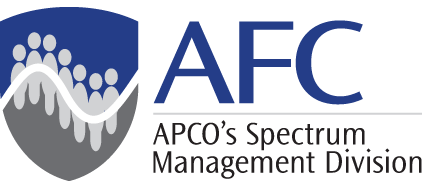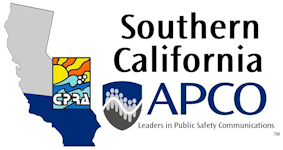
About Frequency Coordination
The Federal Communications Commission (FCC) has certified specific associations to perform the coordination process used to choose appropriate frequencies for land mobile radio systems before they, the FCC, will accept applications for licensees to operate two-way radio systems. This is essential to ensure the numerous systems across the country have clear and interference-free operation on their critical radio systems.
How Does It Work?
APCO receives applications directly from agencies or, in some cases, from third party service providers such as professional license preparation firms or local two-way radio shops. APCO reviews the applications for completeness, enters the application into a database and submits the application to a technical review. The technical review is typically performed by one of APCO’s 50+ volunteer Local Advisors.
The Local Advisors run applications through a complex search in APCO’s extensive database to determine the compatibility of frequencies included on the application with those in the geographic vicinity of the applicant. Agencies can also leave the frequency choice up to APCO and we will research the most appropriate frequency available.
Many frequencies are coordinated on a shared basis with other frequency coordinators and certain frequencies are affected by frequencies coordinated by other certified coordinators. In those cases, concurrence of the choice is obtained from the appropriate coordinator. In certain instances, concurrence is required from other licensees in the vicinity depending on frequency and distance separation.
Next, APCO converts the application into an electronic form acceptable by the FCC and transmits the application directly to the FCC. The FCC no longer accepts applications through any other means.
Southern California APCO Frequency Advisors
Chapter Frequency Advisory Chair – David Buchanan: Freqadvisor@cpra.org
Chapter Frequency Advisor Co-Chair – Gary David Gray: Grayg1@sbcglobal.net
